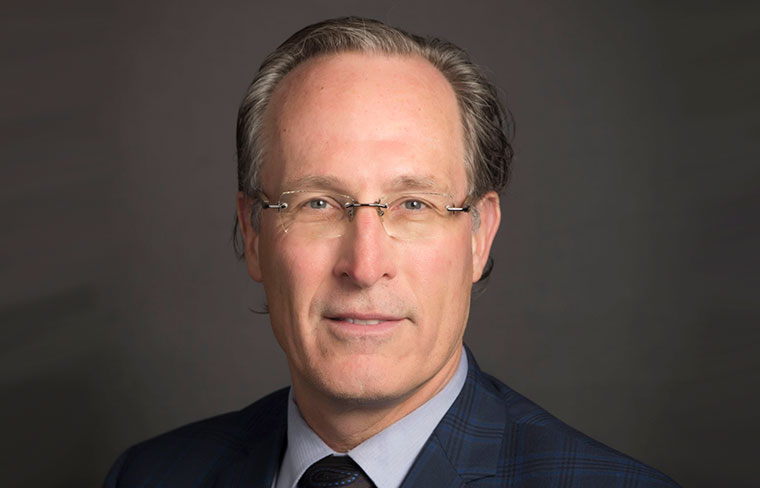
Hepatitis B may be a curable disease in the next decade. While current therapies produce functional cure rates of up to 10%, new therapies in development are expected to produce a 40% functional cure rate in less than five years. And in the next 10 years, the 98% sterilizing cure rates that have become common in hepatitis C are within the realm of possibility for hepatitis B.
The unmet need — and the potential market — is immense. Up to 2 million individuals in the U.S. carry hepatitis B surface antigens and would be candidates for treatment. The global market is around 292 million hepatitis B carriers.
“Hepatitis B is a major U.S. health problem and a major global health problem,” said Robert G. Gish, MD, FAASLD, adjunct professor of gastroenterology and hepatology at Stanford University, Palo Alto, CA, and medical director of the Hepatitis B Foundation. “It remains a leading cause of liver cancer, which is the fastest rising form of cancer in the world today. Hepatitis B is already preventable with vaccine, and new treatments offer the promise of cure, much like we are already seeing in hepatitis C.”
Dr. Gish will moderate Sunday’s AASLD State-of-the-Art Lecture On the Horizon for Hepatitis B. With multiple classes of new agents moving into phase 2 trials, Dr. Gish said the timeline for curatives can be measured in years.
The first step in controlling, then curing, hepatitis B is universal testing, he said. A new hepatitis B vaccine approved in 2018 by the U.S. Food and Drug Administration offers superb safety, higher response rates and improved adherence with only two doses.
“In light of the opioid epidemic and outbreaks of hepatitis C and HIV, hepatitis B incidence is also increasing,” Dr. Gish said. “Testing all adults is a very simple approach, then linking them to vaccine education or care as appropriate. Universal testing and vaccination has to be part of any discussion about controlling hepatitis B.”
Curing hepatitis B will involve more than one class of agents currently in development, he added. One of the most exciting new prospects is capsid inhibitors (CpAMs). These agents interfere with the formation of the hepatitis B viral capsule, blocking release of the virus from infected cells.
Interfering RNAs (iRNAs) provide another dynamic approach to inhibiting viral replication. These RNAs inhibit both viral capsule formation and surface antigen formation. Multiple iRNAs are moving into phase 2 trials.
Another evolving strategy is to block the conversion of capsid-associated relaxed circular DNA into covalently closed circular DNA (cccDNA), which prevents the virus from replicating. Current therapies cannot remove cccDNA, which can result in hepatitis B persistence and relapse.
At least three cccDNA approaches are in development. The most direct approach is to inhibit the formation of new cccDNA. A second approach uses CRISPR-CAS9 gene editing compounds to cut and destroy cccDNA. Other agents use epigenetic modification to block cccDNA activity, and some immunotherapies affect cccDNA.
At least two types of immunomodulation are under development for hepatitis B. Therapeutic vaccines activate the immune system to directly target the hepatitis B virus. Other immunomodulators inhibit immune checkpoints, bringing the promise of highly effective checkpoint inhibition that is already transforming cancer care. Toll-like receptor modulators and RIG-I agonists are also in development.
“We have had a decrease in mortality and liver transplants due to the current generation of hepatitis B medications, but liver cancer is still continuing to rise,” Dr. Gish said. “As we come out with new therapies for hepatitis B, one of the hard endpoints for clinical trials and longer-term follow up studies is decreasing the incidence of liver cancer.”
Please refer to the DDW Mobile App or the Program & Exhibits section in the Sunday issue for the time and location of this and other DDW® events.




2 Responses
Parabéns pelo bom trabalhos que vocês estão exercendo!
HERBAL
I am 35 from Thailand, Last year I accidentally came to know that I have contracted Hepatitis B. I actually don’t know how or when I contracted it but I have it, I was so depressed to know about it, but World Herbs Clinic website(ww w worldherbsclinic c om)HBV HERBAL FORMULA was a blessing for me, I am thankful to everyone here. After three months of using their HBV HERBAL FORMULA, my test result came out negative..Please don’t neglect this testimony, because is 100% real.
Thanks.